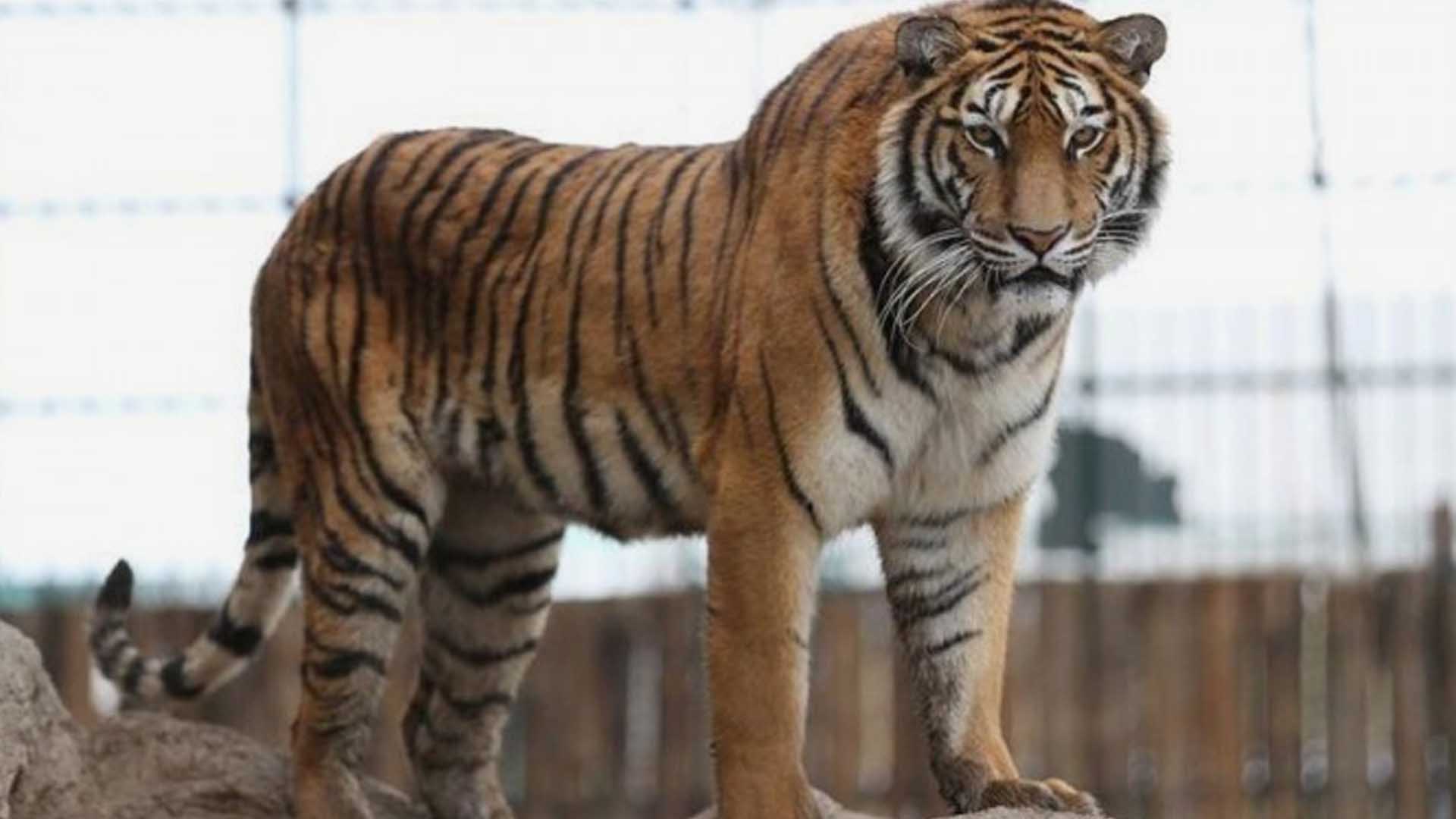India’s tiger population has risen to 3,167 in 2022, the Indian prime minister announced, releasing a survey on the tiger population on Sunday.
Announcing the government’s vision for tiger conservation in Mysuru, a city in India’s southwestern Karnataka state, Prime Minister Narendra Modi also launched the International Big Cats Alliance (IBCA). The main motive behind the IBCA is to protect and conserve seven major big cats of the world – tiger, lion, leopard, snow leopard, puma, jaguar, and cheetah, according to a statement by the Prime Minister’s office.
Modi said the protection of wildlife is a universal issue and IBCA is India’s endeavor for the protection and conservation of big cats.
According to the data shared by the premier, the tiger population stood at 1,411 in 2006, 1,706 in 2010, 2,226 in 2014, 2,967 in 2018, and 3,167 in 2022.
“Everyone is witness to the landmark event of Project Tiger completing 50 years today and its success is not only a moment of pride for India but the entire world,” said Modi, adding that India has not only saved the tiger population from declining but also provided an ecosystem where tigers can flourish.
“Project Tiger” was launched in India on April 1, 1973, to revive the tiger population. In the beginning, there were nine tiger reserves but at present 53 tiger reserves are covered under the project.
The prime minister said India is home to 75 percent of the world’s tiger population in the 75th year of Indian independence.
“Cheetahs had become extinct in India decades ago. We brought this magnificent big cat to India from Namibia and South Africa. This is the first successful transcontinental translocation of the big cat,” said Modi.
“India is a country where protecting nature is part of the culture. We do not believe in a conflict between ecology and economy, but give importance to coexistence between the two,” he added. (PNA)









